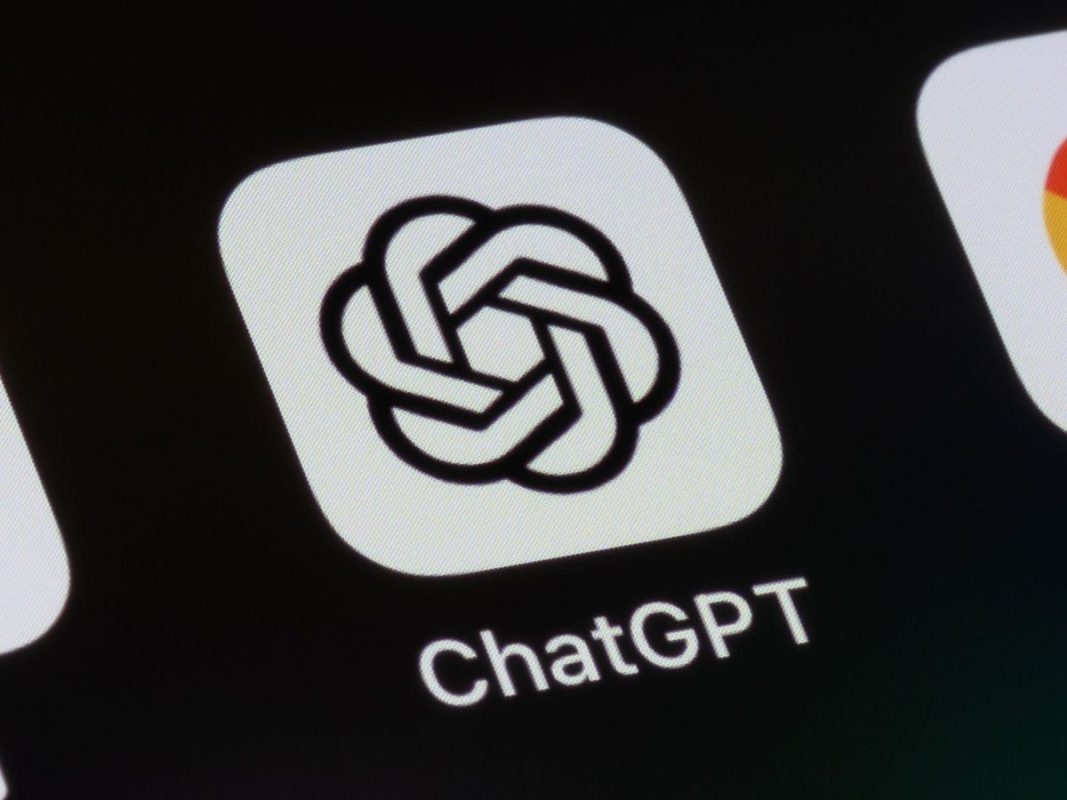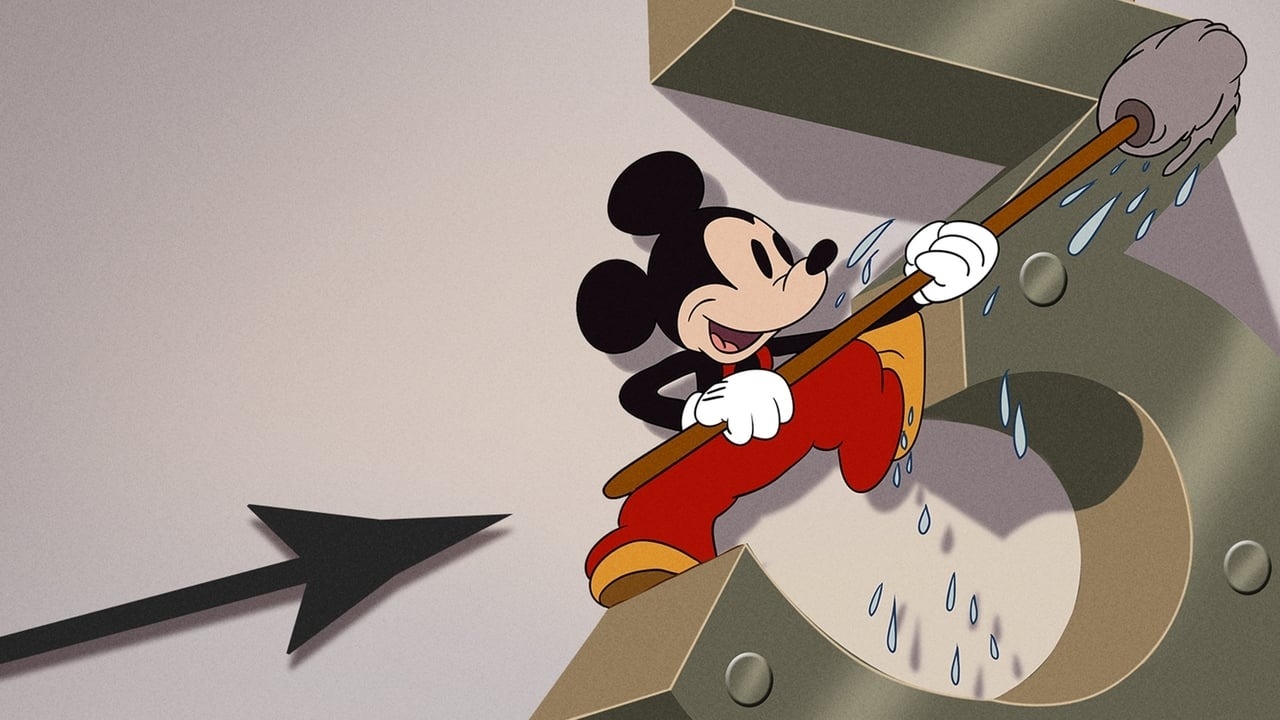Former PlayStation boss criticizes games as a service: "They're not games"

At the heart of the PlayStation universe, where legendary series such as God of War , Horizon , and Uncharted were born, a silent battle is raging. It's not a fight between heroes and villains, but between two visions of entertainment: that of narrative art and that of the perpetual business of games as a service (GaaS) .
For Shawn Layden, former head of PlayStation from 2014 to 2019, games as a service "aren't really games." He says this with the authority of someone who spearheaded some of Sony's most successful eras, when exclusive titles told deep and memorable stories.
Layden isn't against innovation, but he is against the obsession with replicating the Fortnite model . For him, many companies have confused artistic value with the constant pursuit of recurring revenue, sacrificing creativity for profitability.
Sony has been pursuing the dream of dominating the games-as-a-service market for years. While Helldivers 2 proved that success is possible with a well-thought-out co-op formula, the resounding failure of Concord and the cancellation of other projects have left the company at a crossroads.
Layden, who was instrumental in the golden age of the PlayStation 4, believes that these types of products lack what makes a video game great: a story, a character, and a world . Without those three pillars, he says, there's no excitement, just repetition.
In his words, a game as a service is more of an "engagement device" than a narrative experience. That is, a system designed to keep the player engaged through rewards, events, or microtransactions, but not necessarily to tell a story.
Layden compares Sony's persistence to "a mirage on top of a dune." Everyone chases it, but few ever catch it. And if they do, he says, "what you bring to the party no longer interests anyone."
The criticism is aimed squarely at the saturated market: Fortnite clones, Overwatch knockoffs, or projects like Marvel Rivals that seek to replicate an already-stale formula. For the former executive, this race for "big money" ends up distancing companies from their true purpose: creating memorable experiences.
Layden insists that the soul of PlayStation has always been its stories. Games like God of War and The Last of Us not only sold millions of copies; they also connected emotionally with audiences.
That connection, he explains, isn't achieved with weekly updates or season passes. It's built with narratives that invite players to reflect, feel, and remember. Because of this, Layden fears that Sony's obsession with games as a service will end up eroding the legacy that made it great.
The question is whether Sony can balance both visions. With new narrative titles in development and several GaaS projects yet to be announced, the brand's future depends on its ability to innovate without losing its identity .
Layden, speaking from outside the company, issues his warning: video games must remain art, not just services. Because at their core, players aren't looking for a subscription; they're looking for a story that makes them feel part of something bigger.
La Verdad Yucatán




